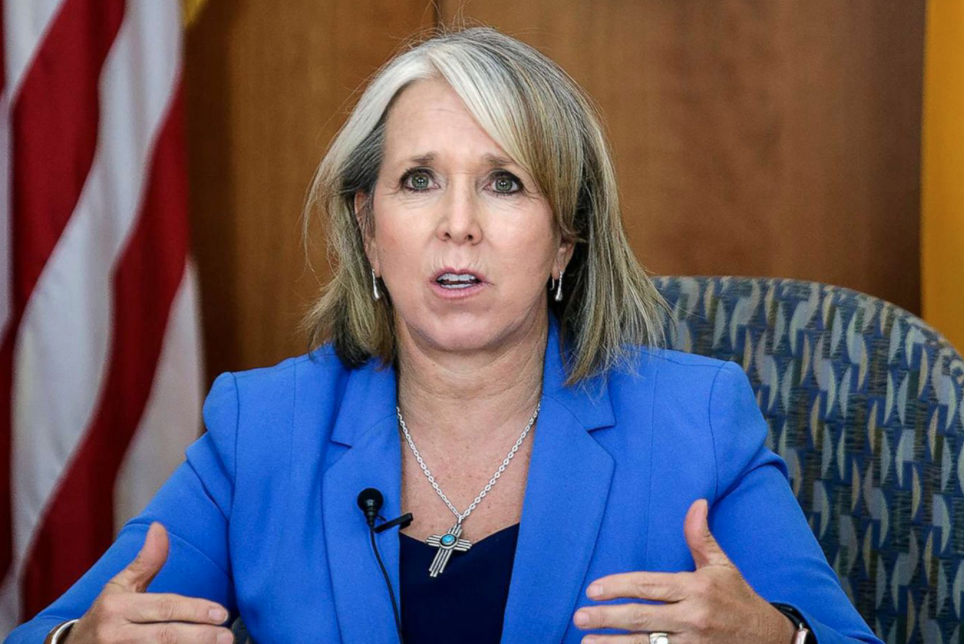A new health alert is raising serious concerns in homes, hospitals, and care facilities across the country.
Several commonly used hand soaps, cleansers, and antiseptics have been voluntarily recalled after being found contaminated with a dangerous type of bacteria that can cause serious infections — and in some cases, life-threatening sepsis.
The manufacturer, DermaRite Industries, pulled multiple products from the shelves after discovering contamination with Burkholderia cepacia complex (Bcc), a group of bacteria that can be especially harmful to people with weakened immune systems.
RECALL ALERT: DermaRite Industries, LLC has issued a voluntary recall of select lots of four over-the-counter healthcare products due to bacteria contamination — including hand soaps. https://t.co/CnNHwB5IkL pic.twitter.com/oKjNN2p22U
— 10 Tampa Bay (@10TampaBay) August 12, 2025
Among the recalled items are:
– DermaKleen Antiseptic Lotion Soap with Vitamin E (1,000ml and 800ml sizes)
– KleenFoam Antibacterial Foam Soap with Aloe Vera (1,000ml size)
– DermaSarra External Analgesic (7.5oz size)
– PeriGiene Antiseptic Cleanser (7.5oz size)
🧼⚠️Hand Soaps Recalled Over Bacteria That Can Cause Life-Threatening Sepsis. DermaRite Industries has issued a nationwide recall of several hand soaps, cleansers, and antiseptics after discovering contamination with Burkholderia cepacia complex—a bacterium that can cause serious… pic.twitter.com/40RI9WMWLH
— GoodMorningRooster (@RoosterGM) August 13, 2025
These products were distributed across the United States and Puerto Rico, and they may still be in circulation. Their expiration dates range from July 2024 to as far out as February 2027, which means many could still be sitting in storage rooms, bathroom counters, or hospital supply carts.
The company has not reported any confirmed illnesses so far. But the risk is high enough to prompt urgent action.
In a statement, DermaRite said the bacteria could lead to “serious and life-threatening infections,” especially in patients with compromised immune systems. For people who are already sick or vulnerable, like those in hospitals or nursing homes, the risk of an infection turning into sepsis — a fast-moving and potentially fatal condition — is significantly higher.
Even healthy individuals aren’t totally safe.
According to the company, someone with even minor cuts or skin irritation could develop localized infections from using the contaminated products. For most healthy people, that might stay on the skin. But for others — especially the elderly, the immunosuppressed, or those recovering from surgery — the bacteria can spread through the bloodstream and quickly turn dangerous.
Burkholderia cepacia complex isn’t just harmful. It’s resilient.
The Centers for Disease Control and Prevention (CDC) notes that this type of bacteria is commonly found in soil and water. It can easily contaminate medical products, surfaces, and even person-to-person contact. Making things even more complicated, Bcc is often resistant to multiple antibiotics, meaning it’s harder to treat once an infection takes hold.
Symptoms to look out for include fever, fatigue, and respiratory problems — but not everyone shows signs right away. That makes it especially dangerous in settings where people are already being treated for other conditions.
In response to the recall, DermaRite has advised all distributors and customers to stop using the affected products immediately and to destroy any remaining inventory according to their facility’s safety procedures.
This recall is a reminder that even products we trust to keep us clean and safe can carry hidden dangers. The bacteria can live in plain sight, spreading silently and waiting for the right conditions to cause serious harm.
If you use or work with any of the affected products — at home, in clinics, or at care facilities — health experts recommend checking labels now and following up with your provider if you suspect exposure.
For many, soap is part of daily protection. But when it’s the soap itself that carries the risk, people are suddenly forced to ask: what else are we trusting that could be hiding more than it helps?




